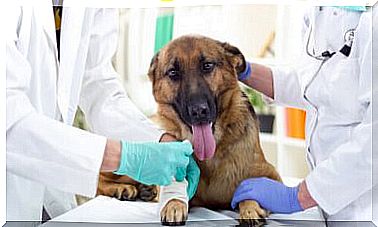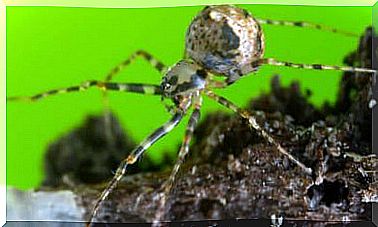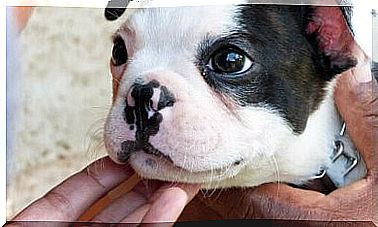The Arrival Of A Kitten At Home: What Do You Need?

Preparing for the arrival of a kitten at home is essential to provide it with a comfortable home and proper care for its health. Below, we’ll summarize everything you need to know to welcome your new best friend.
Preparing the home for the kitten’s arrival: air conditioning
A kitten is unable to regulate its body temperature during its first few weeks of life. Your body is very vulnerable to suffering from hypothermia or lung disease.
Therefore, it is essential to properly acclimatize the home for the arrival of the puppy. The ideal is to keep the room temperature between 21ºC and 24ºC.
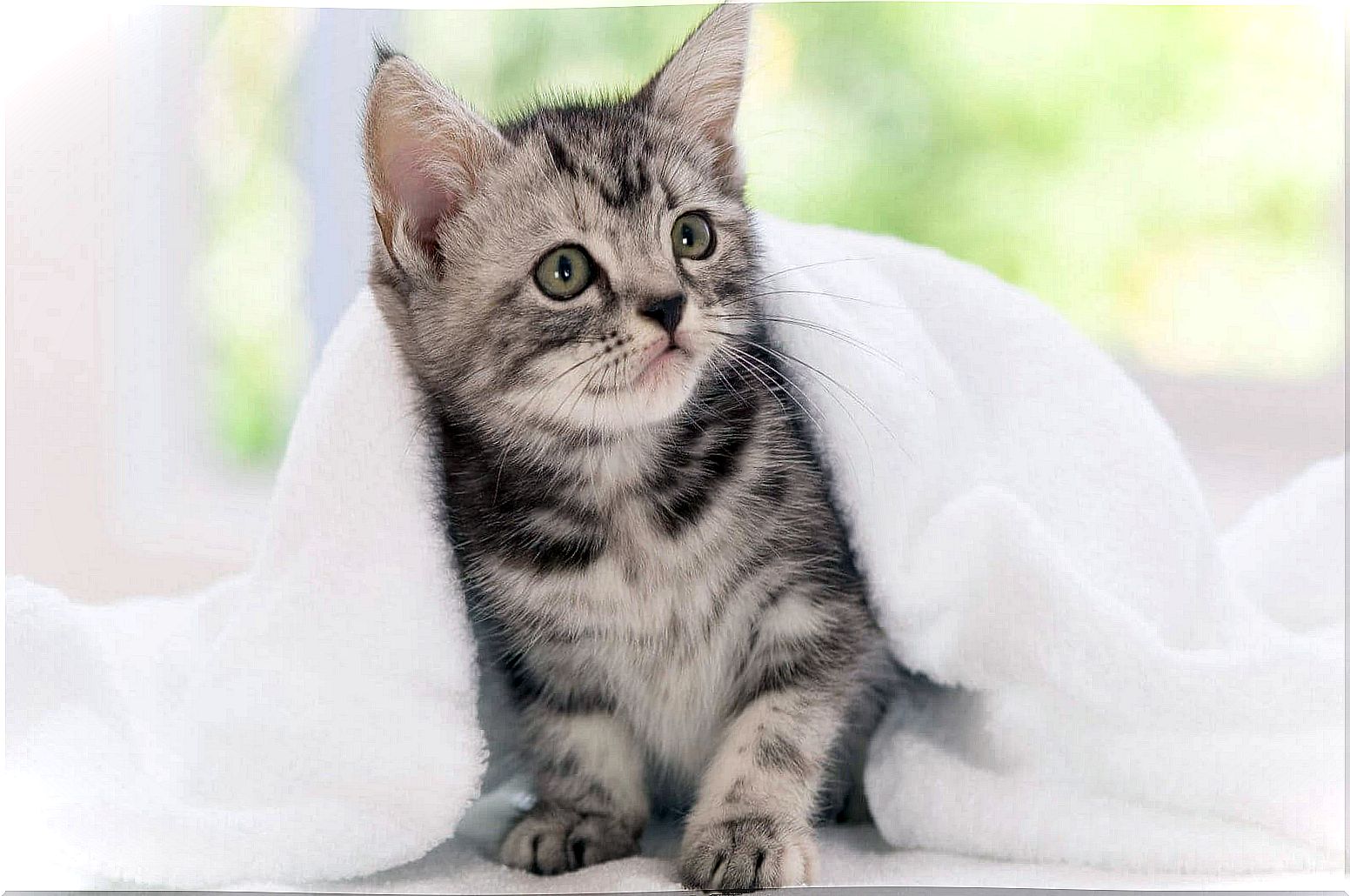
An excellent alternative to warm up your kitten is to buy him an electric pillow with adjustable temperature.
Preparing the ideal place for your kitten
The kitten’s arrival at home also requires the preparation of its own habitat. That place where your new partner can feel safe to regain their energy and grow healthily.
A kitten can sleep more than 12 hours a day. It is essential to offer him a comfortable place for his moments of rest. The space reserved for your pet must be clean, dry and warm.
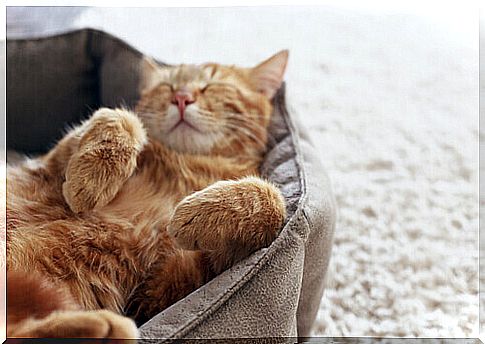
Your new friend will also need a place to feed and another place for his litter box. Cats are very demanding about their hygiene and feeding. Therefore, these areas should never be too close together.
It is important that the feeder and drinker are of an appropriate size for the animal. It is recommended to prefer materials that are easy to clean or with antibacterial properties.
The most important thing about the box to make necessities is the quality of the absorbent sand. There are many options on the market and we recommend those made with bentonite.
The arrival of the kitten: care for your hygiene
Cats are very independent and careful with their hygiene. But they also need some care to preserve their body’s balance.
Stimulation and cleaning of the urinary and excretory tracts
A newborn kitten does not know how to control its own urinary and excretion pathways. Naturally, the “mama cat” should lick her intimate organs to stimulate them.
If your kitten is less than 12 weeks old, you will need to sanitize him before and after each feeding. You can use cotton or gauze soaked in warm water. After this step, cats easily learn to do their needs in the litter box.
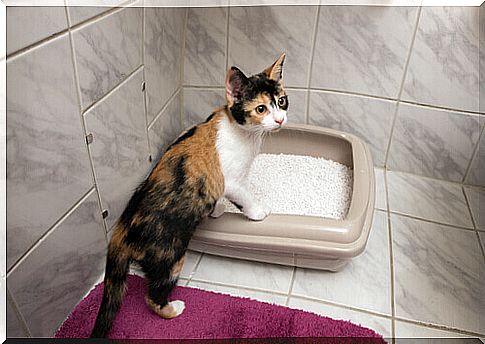
Periodic brushing
Brushing is essential to preserve the beauty and health of your new friend ‘s coat. It’s important to teach your puppy to associate brushing with a fun time.
There are combs designed especially for both short- and long-haired cats. Brushing should be gentle, gentle and go through the entire length of the animal’s body.
Brushing frequency can be once or twice a week in short-haired cats. And three to four times a week for those with long hair.
Oral hygiene for your kitten
Your kitten’s oral hygiene is a fundamental part of your preventive medicine. Brushing your teeth and gums is the only way to prevent the formation of plaque, tartar and cavities.
It is important to use animal-specific toothbrushes and toothpastes. Products for human use can poison them or damage their tooth enamel.
The arrival of the kitten: advice for its nutrition
Kittens less than seven weeks old need to be breastfed or fully fed with artificial breast milk. This nutritional step is critical to building your immune system.

From their 50th day of life, kittens can start to taste pâtés and solid foods. The dietary transition, depending on your age , should be gradual, to allow a good adaptation and avoid digestive problems.
It is noteworthy that it is essential to have the guidance of a specialized veterinarian before offering any diet to your cat.
Long- and medium-haired cats, on the other hand, often suffer greatly from the formation of hairballs in their intestines. To avoid them, you can offer small doses of malt to your feline.
Accessories and games for a more active life
Many cats develop aggressive behavior when they are sedentary or not properly stimulated. To prevent these disorders, it is essential to have accessories and toys for the kitten.
There are many options for toys in pet shops: balls, feathers, dolls, wands, etc. It is interesting to give him a scraper to prevent him from sharpening his nails on other furniture and household objects.
To complement the preparations with the arrival of the kitten, it is important to choose a transport box suitable for its size and weight. This utensil will be indispensable for taking your little friend to the veterinarian, on a short walk or on a trip.
